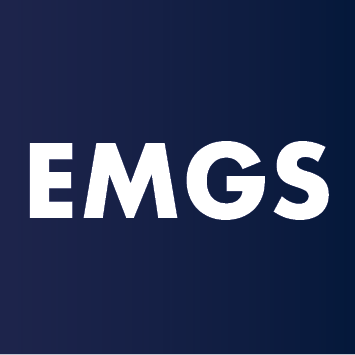A Master of Arts in Global Studies
Graduates of the Erasmus Mundus Master in Global Studies receive a joint degree: Master of Arts in Global Studies.
All graduates receive a Joint Transcript of Records and a Joint Diploma Supplement, in accordance with the model developed by the European Commission, the Council of Europe, and the United Nations Educational, Scientific and Cultural Organization – European Centre for Higher Education (CEPES). As the coordinating university, Leipzig University prepares and issues these documents. The Joint Transcript of Records contains information on all courses studied at all partner universities and records the grades and credits obtained. Credits from study mobility tracks at the non-European partner universities are fully integrated.
The Joint Diploma Supplement contains information on the holder of the degree, the length and level of the degree, the placement within the national qualifications framework, the access requirements, the study programme and obtained results, the student’s learning outcomes, the description of the grading system, as well as additional information on mobility tracks and other matters. Furthermore, it contains descriptions of the national higher education systems of the partner universities, which are provided by the national higher education agencies. These documents describe the joint character of the study programme and the degree as well as the affiliation to the Erasmus Mundus programme.
ECTS
The Erasmus Mundus Master in Global Studies is a two-year programme divided into four phases (two winter terms, two summer terms). The programme has a modular structure according to the European Credit Transfer and Accumulation System (ECTS). The curriculum comprises modules amounting to 120 ECTS credits, which is equivalent to a study workload of 900 hours per term (or 1,800 hours per year). For more information about ECTS, see: http://ec.europa.eu/education/tools/ects_en.htm
Grading
Grades for the individual modules are given according to the national higher education grading systems at the respective partner university. The EMGS Consortium (including all non-European partner universities) has agreed upon a common grade conversion table to guarantee a fair and common recognition of grades and credits. The overall grade for the master’s programme is calculated by the Leipzig-based programme coordinator in collaboration with the study coordinators at the respective European partner universities. The overall grade corresponds to the German grading system and represents the arithmetic mean of the grades of the module examinations and the master’s thesis weighted by credit points. Studies undertaken at the EMGS Consortium universities, as well as the conversion of the respective grades, are carried out within the integrated study programme according to the principle of equivalence, the Partnership and Cooperation Agreement (PCA) and the Joint Degree Agreement (JDA) of the EMGS Consortium. Grade scales and detailed descriptions of the corresponding national grading systems are explained in the Joint Diploma Supplement.
